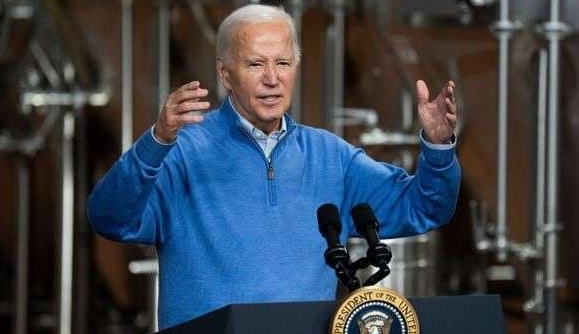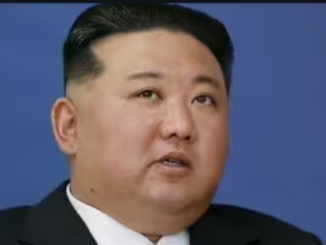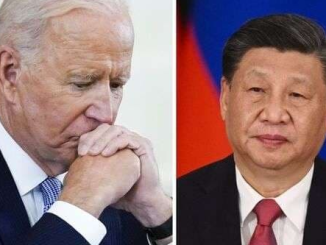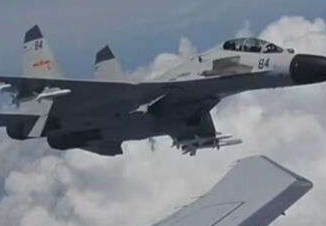
The US president has vowed to retaliate, signaling a potential escalation of tensions in the region.
Both Russia and China have cautioned against such actions, urging the US to exercise restraint and avoid further exacerbating the situation.
Biden has reportedly been advised to consider a measured response that avoids plunging the region into further conflict.
{snip}
China has called for calm and restraint to prevent the lead to global implications. Chinese foreign ministry spokesperson Wang Wenbin urged all parties to exercise caution.
He said: “We have noted that Iran stated that it had nothing to do with the attack.
“We hope that all relevant parties will remain calm and restrained… in order to avoid falling into a vicious cycle of retaliation and prevent further escalation.”
Similarly, Russia has echoed calls for de-escalation, emphasizing the need for constructive steps to reduce tensions in the region. Kremlin spokesperson Dmitry Peskov spoke of the urgency of finding peaceful solutions to avoid further conflict.
He said: “In our view, the overall level of tension is very alarming and, on the contrary, now is the time for steps to de-escalate tensions.
“This is the only thing that can help us prevent further spreading of the conflict, especially the Middle East conflict, and somehow achieve de-confliction and de-escalation.”
{snip}
US Defense Secretary Lloyd Austin has reiterated the country’s commitment to defending its troops and has pledged to take “all necessary actions” in response to the attack.
Despite the strong rhetoric, US National Security Council spokesperson John Kirby has stated that they are not seeking war with Iran.
However, he added that the strike “was escalatory, make no mistake about it, and it requires a response.”
Many experts have advised for Biden to do the opposite of what Russia and China are asking, considering that a strong repsonse may deter more attacks.


